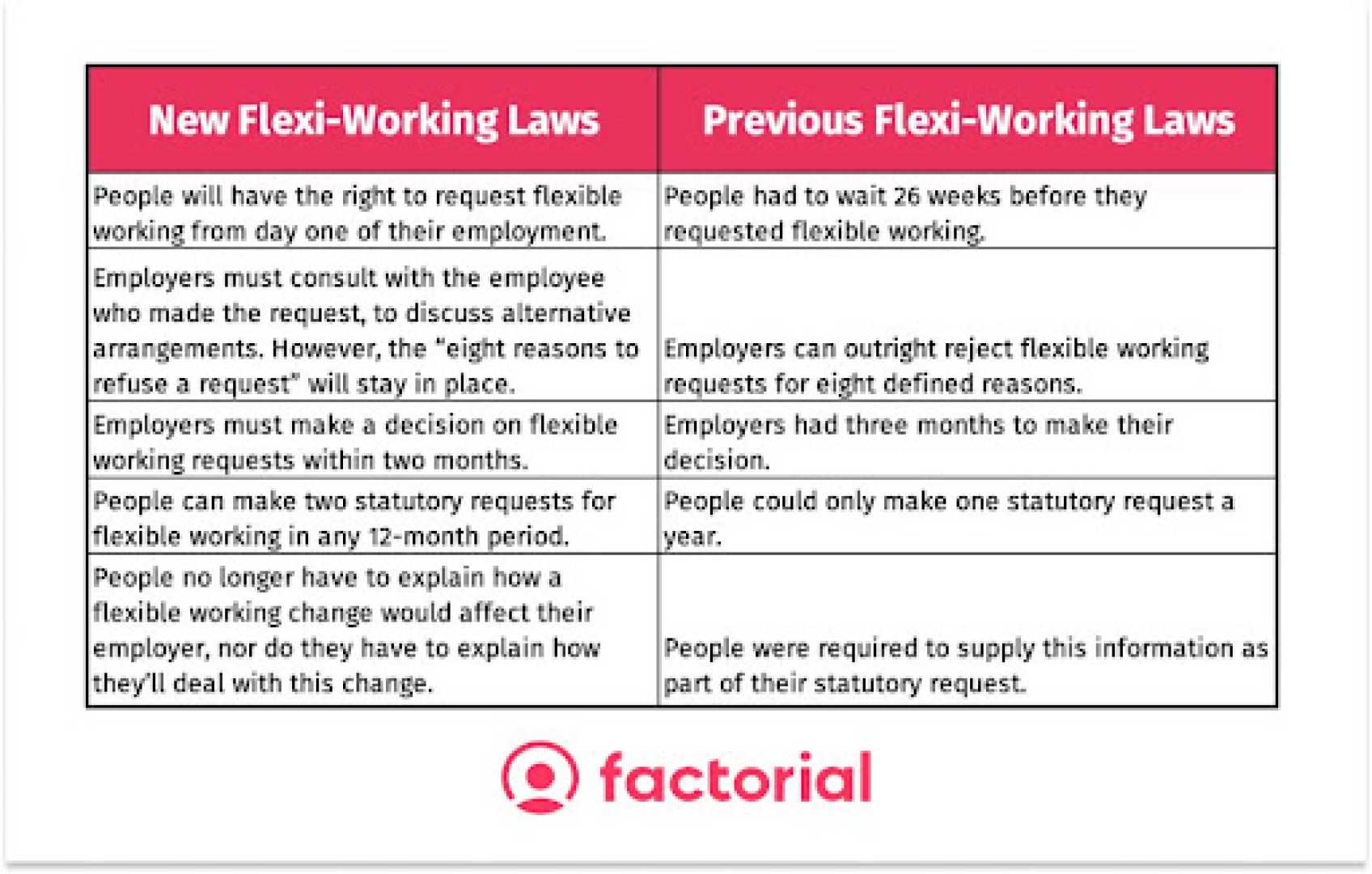Business
UK Government Proposes Flexible Working Arrangements Including Compressed Hours

The UK government is exploring proposals that would allow employees to request a four-day working week while still fulfilling their contracted hours. This initiative aims to enhance flexibility in the workforce, enabling employees to compress their work hours into fewer days.
Education Minister Jacqui Smith emphasized that the primary goal of these proposals is to improve productivity. She clarified that the four-day week discussed would involve working 10 hours a day over four days instead of the traditional eight hours over five days. This alteration aims to accommodate employees’ needs for additional time for childcare, family, and personal engagements.
Smith affirmed that the government does not intend to impose these working patterns on businesses. A spokesperson from the Department for Business and Trade reiterated that any changes to employment legislation would involve consultations with businesses, ensuring a collaborative approach.
Joe Ryle, director of the 4 Day Week campaign, welcomed these proposals as progress towards reducing overall working hours in the UK. He noted, however, that merely compressing hours does not equate to a true reduction in work hours, which is essential for achieving a better work-life balance.
The Trades Union Congress (TUC), represented by General Secretary Paul Nowak, supported the move, stating that flexible working arrangements could significantly benefit both workers and businesses. He emphasized that good employers already recognize the advantages of offering such arrangements.
Previous attempts by companies to implement a four-day working week have yielded mixed results. For instance, Tyler Grange, an environmental consultancy that participated in a trial, reported increased staff morale and interest from potential applicants. Conversely, other companies like Allcap faced challenges with employee fatigue and managing workloads.
Details regarding the proposed changes are expected to be released in the autumn as part of a wider initiative to enhance workers’ rights. Labour has already put forward plans to further expand flexible working options, while the Conservative party raises concerns about potential negative impacts on business productivity.












